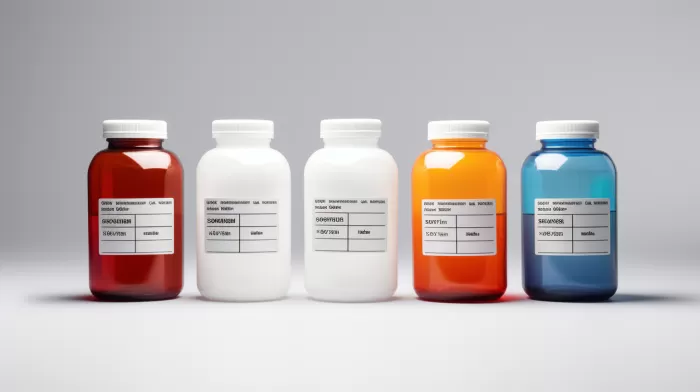Health insurance companies are no longer allowed to turn away patients because of their pre-existing conditions or charge them more because of those conditions. But some health policy experts say insurers may be doing so in a more subtle way: by forcing people with a variety of illnesses — including Parkinson’s disease, diabetes, and epilepsy — to pay more for their drugs.
Insurers Applying ‘Non-Preferred’ Concept to Generic Drugs
Insurers have long tried to steer their members away from more expensive brand-name drugs, labeling them as “non-preferred” and charging higher co-payments. However, an editorial published in the American Journal of Managed Care points out that several prominent health plans have taken it a step further, applying that same concept even to generic drugs.
Though the Affordable Care Act bans insurance companies from discriminating against patients with health problems, it hasn’t stopped them from seeking new and creative ways to shift costs to consumers. In the process, the plans may effectively be treating a variety of ailments as “non-preferred,” according to the editorial.
Questions Around Encouraging ‘Prudent Consumers’
When all generic medicines for particular diseases are deemed “non-preferred” and subject to higher co-pays, one must question the type of consumer behavior insurance companies are seeking to encourage.
The editorial comes several months after two advocacy groups filed a complaint with the Office of Civil Rights of the United States Department of Health and Human Services, claiming that several Florida health plans sold in the Affordable Care Act marketplace discriminated against HIV patients by charging them more for drugs. The complaint is still pending.
Shift Towards Multiple Tiers of Generic Drugs
Generics have typically come to the market with one low price in many insurance plans, such as $5 or $10. But as the prices of generics have increased, sometimes significantly, many insurers have split the drugs into two cost groupings, as they have long done with name-brand drugs. “Non-preferred” generic drugs have higher co-pays, even though they are still cheaper than brand-name drugs.
In contrast to brand names, however, there is usually at least one preferred option in each disease category with generic drugs. The authors of the editorial found this was not the case for generics.
Even small differences in price can make a difference, according to the authors. Previous research has found that consumers are less likely to take drugs that cost more out of pocket.
On the other hand, the strategy of charging more for generic drugs to treat conditions counteracts efforts by insurance companies to tie physicians’ pay to their patients’ outcomes. If there are no cheaper drugs offered, patients might just skip taking their pills.
The authors of the editorial reviewed the drug lists of six prescription drug plans in an attempt to see how each plan handled expert-recommended generic drugs for 10 conditions. The conditions included high-cost diseases such as HIV and Parkinson’s, as well as more common ones like migraine headaches and high blood pressure.
Health Plans Rapidly Shifting to Two Tiers of Generic Drugs
Health plans participating in Medicare’s prescription drug program, known as Part D, have been rapidly moving to create two tiers of generic drugs. This year, about three-quarters of plans had them, according to an article co-written by Jack Hoadley, a health policy analyst at Georgetown University’s Health Policy Institute. The practical effect of these arrangements likely varies based on the difference in cost.
Dan Mendelson, CEO of Avalere Health, a consulting firm that has examined how health insurers structure their benefits, said the increasing number of drug tiers in some plans is confusing for patients.
“Consumers often don’t understand which drugs are priced where,” he said. “They don’t understand the purpose of tiering. They just get to the pharmacy counter and don’t know what they’re paying for.”
As healthcare consumers, it’s essential to be vigilant about the policies and pricing of health plans, and to speak up if you notice sudden price increases, especially for generic medications. Advocate for transparency, ask questions, and don’t be afraid to seek clarification to ensure you’re paying fair prices for your medications.



